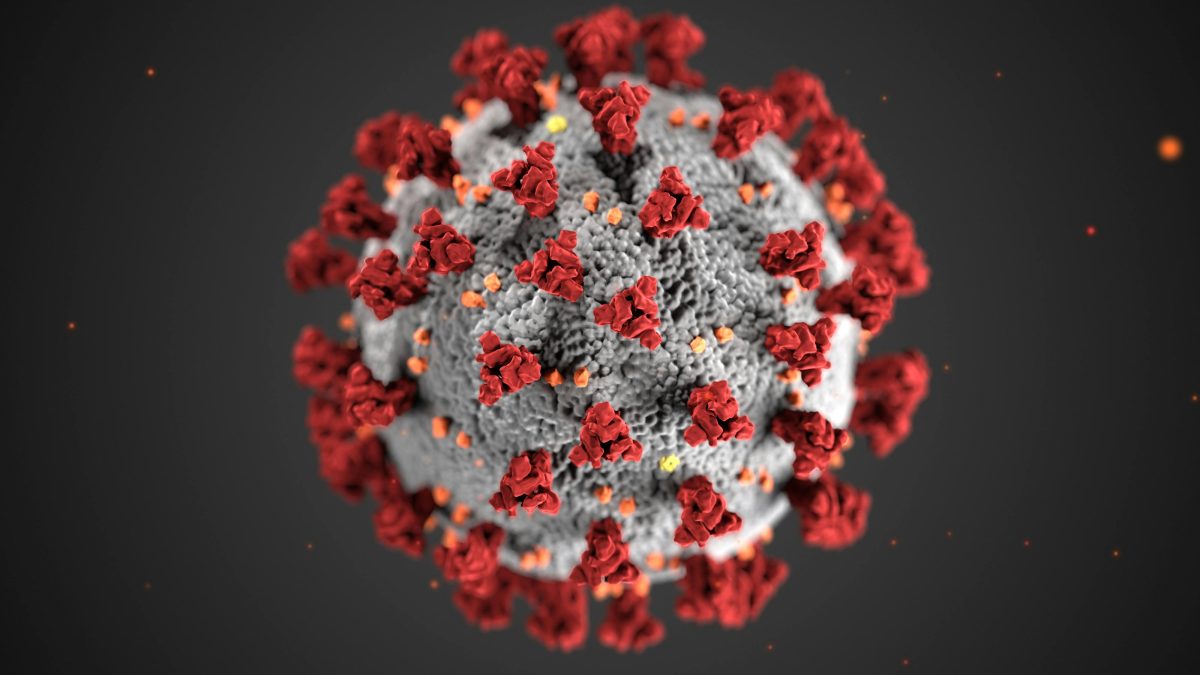
Written by Emma Marsh with Dr Sarah @autisticdoc
This article is created for informational purposes only. It is not intended to be a substitute for professional medical advice, diagnosis or treatment and should not be relied on as personal health advice. Always seek the guidance of your doctor or other qualified health professional with any questions you may have regarding your health or a medical condition.
Without our usual support networks in place and with many of us dealing with co-occurring inflammatory conditions and autoimmune dysfunction which puts us at greater risk of poorer prognostic outcomes, the struggle is very real.
However, in many ways, Autistic people are bestowed with qualities that are huge strengths in these unprecedented times. For instance:
Also, we can be expert planners! With this in mind, I spoke to an Autistic doctor and asked her to share her top tips for preparing and managing COVID-19, as an Autistic person.
To read about Dr Sarah’s life as a late diagnosed, Autistic ADHDer doctor and parent please visit her blog, Neurodivergent Doctor.

The Reframing Autism team would like to acknowledge the Traditional Owners of the lands on which we have the privilege to learn, work, and grow. Whilst we gather on many different parts of this Country, the RA team walk on the land of the Awabakal, Birpai, Whadjak, and Wiradjuri peoples.
We are committed to honouring the rich culture of the Aboriginal and Torres Strait Islander peoples of this Country, and the diversity and learning opportunities with which they provide us. We extend our gratitude and respect to all Aboriginal and Torres Strait Islander peoples, and to all Elders past and present, for their wisdom, their resilience, and for helping this Country to heal.